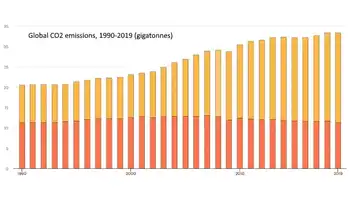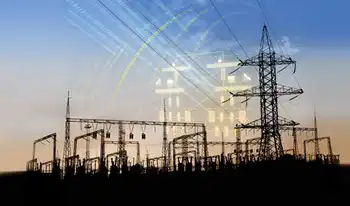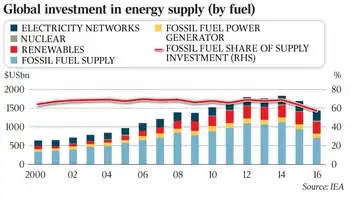Texas regulators talk incentives
Texas faces a period of tightening power supplies as stricter federal environmental rules threaten to shut some aging gas and coal-fired power plants and developers say Texas wholesale prices are too low to justify new power-plant construction.
Rules being finalized by the U.S. Environmental Protection Agency will further limit air and water emissions and could force the retirement of more than 8,000 megawatts of natural gas-fired generation and 1,200 MW of coal-fired generation depending on how final rules are written, according to a report from the Electric Reliability Council of Texas ERCOT.
Texas Public Utility Commission Chairman Barry Smitherman, who requested the study from ERCOT, said power-plant developers have typically broken ground on new generation when they see a drop in the region's reserve margin — surplus power needed to help avoid blackouts.
But uncertainty over the effect and timing of the new EPA rules, the uneven economic recovery and the outlook for a long period of low gas prices has complicated the situation, ERCOT officials said.
Smitherman said the retirement of a large number of gas-fired plants may not create operating problems for the Texas grid because units likely to shut do not run frequently now.
However, ERCOT's report said the location of the plants likely to shut — near Houston and Dallas — could create transmission headaches, requiring new power lines or new gas-fired plants that can start quickly when called on.
In ERCOT's deregulated market, generation owners bear the risk of investment and decide when to build new generation, based on wholesale prices and other conditions.
Unlike other markets, Texas does not offer capacity payments through which developers receive financial incentives to plan new power plants.
Quick-start plants, called peakers, generally do not operate enough hours of the year to be profitable under current ERCOT rules.
Smitherman said he wants to find ways to encourage companies to build peakers, which the grid will need to balance growing wind generation and to bolster the reserve margin in times of high demand during hot and cold weather conditions.
"What incentives are needed to get peakers going?" Smitherman said. "We are open to any ideas to give the right price signals."
That could include changes to the way power is scheduled in ERCOT or by allowing for extended scarcity pricing so that peakers can be profitable.
The commissioners also want to see comments from other ERCOT participants about implications of the retirement study.
Related News

Global CO2 emissions 'flatlined' in 2019, says IEA
LONDON - Despite widespread expectations of another increase, global energy-related CO2 emissions stopped growing in 2019, according to International Energy Agency (IEA) data released today. After two years of growth, global emissions were unchanged at 33 gigatonnes in 2019 even as the world economy expanded by 2.9%.
This was primarily due to declining emissions from electricity generation in advanced economies, thanks to the expanding role of renewable sources (mainly wind and solar), fuel switching from coal to natural gas, and higher nuclear power generation, the Paris-based organisation says in the report.
"We now need to work hard to make sure that 2019…





